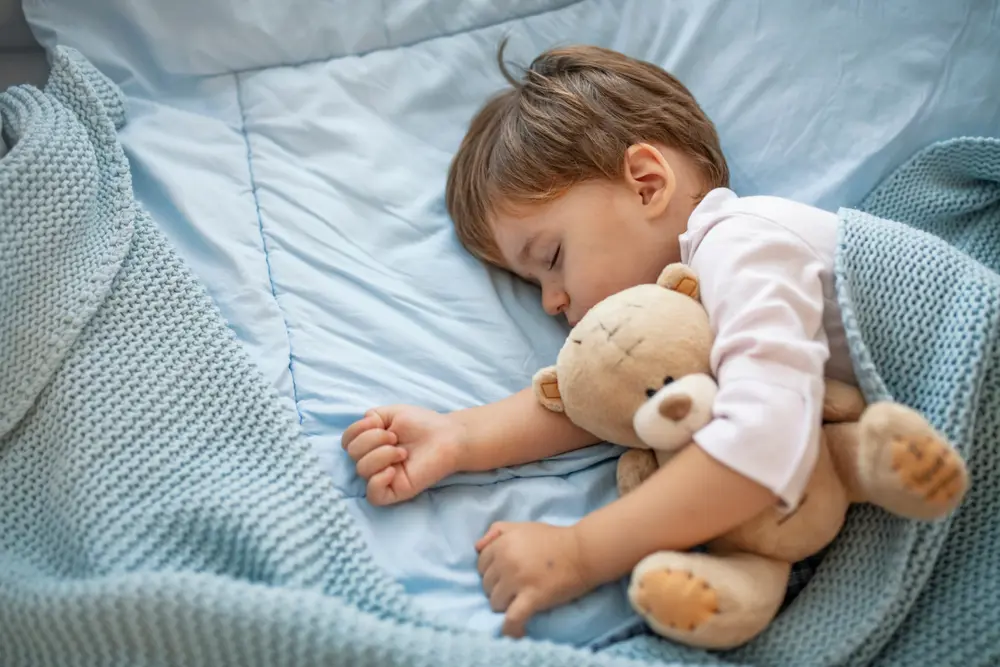
Sleep hygiene
There are some small changes you can make to your bedtime routine that may have drastic improvements to your quality of sleep.
Healthy Living
By Bio Island Nutrition Team
Our sleep patterns change as we age and experience different periods of our life. Sadly, this can mean that as the years go by our sleep decreases in quality. Poor sleep can negatively affect our lives is many ways; not only are we less likely to experience stable moods, lack of sleep has also been found to weaken immunity, increase blood pressure, lower sex drive, contribute to weight gain and increase the risk of developing diabetes and heart disease.
While most adults will need between 7 and 9 hours of sleep each night, it is important to remember the focus should be on the quality of sleep over the quantity. The good news is there are some small changes you can make to your bedtime routine that may have drastic improvements to your quality of sleep.
Personalise your wind-down
Firstly, have a think about what you find personally relaxing. If you’re a music lover maybe you could start winding down before bed each night by listening to some relaxing music, programs like Spotify are designed to store all your favourite tunes and give you personalised recommendations and playlists based on your choices. Or perhaps you love aromatherapy, you could invest in a diffuser and your favourite essential oils and put them on as part of your bedtime routine. Whatever you find personally relaxing, you can begin to incorporate it into your personal bedtime routine and start to signal to your body that sleep is near. Remember, repetition is key to building any habit.
Devices be gone!
In this day and age, our eyes are constantly being exposed to blue light. This exposure in the evenings can disrupt our natural circadian rhythms and impair the body’s ability to be able to wind down and get a restful nights’ sleep. In order to combat this exposure, try to limit harsh lights in the house once the sun goes down and decrease your exposure to devices a few hours before bed. One way to do this may be to take a break from the computer and smartphone and to read a book or work on an activity that doesn’t involve a screen. Another option you could take if you can’t imagine going device-free is using different programs for your PC and smartphone like Flux or night-shift, which eliminate that harsh blue-light at a personalised time that can be set to your schedule.
Treat Yourself...
You’re not going to be looking forward to bed time if you’re sleeping on an uncomfortable mattress every night. Throw in some lumpy or flat pillows and a doona that has you shivering or sweating all night and you have a great recipe for a terrible night’s sleep! If this sounds like you its time to take a trip to the shops. Splash out on the best pillows you can find and do some research into a quality mattress that will support you as you sleep. If affordability is an issue, then make it a fun savings goal over a time period that suits your budget and remember, a bad mattress can contribute to a lifetime of poor sleep and back issues – a quality mattress is worth the cost.
Other take home tips
These are just a limited number of changes you could make to kickstart some good sleep hygiene habits. Some more common and equally important points to remember are;
- Limit heavy meals close to bedtime. A heavy meal before bedtime puts increased pressure on your digestive system, making it more difficult to drift into a deep sleep
- Don’t drink too much water as this can keep you up throughout the night with unnecessary bathrooms trips
- Try and make your bedroom as dark as possible as this encourages melatonin production
- Temperature matters. A room temperature between 18-22 degrees can help to facilitate deep sleep
Most of all remember that your daily routine plays a big role in the quality of your sleep. This means that your diet, exercise habits, and emotional stressors all have a big impact on the quantity and quality of your sleep and are a great place to start to make changes if you are experiencing sleep difficulties.






